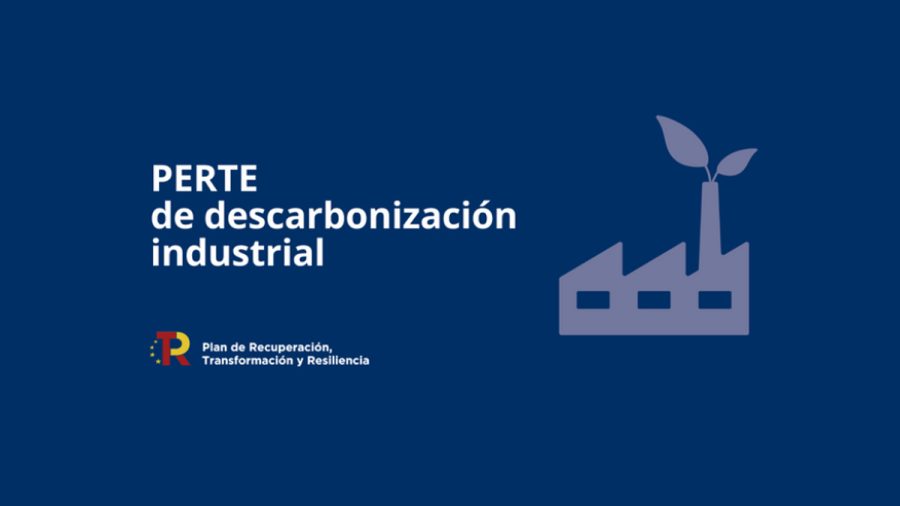Last November 18, the National Assembly of France gave the green light to the Mobility Orientation Law (LOM, according to its acronym in French).
The Minister of Ecological Transition praises the adoption of various measures for cleaner mobility. Among them, the inclusion in the law of the goal of carbon-neutral land transport by 2050, with a reduction of 37.51 TP3T in greenhouse gas emissions by 2030 and a ban on selling internal combustion vehicles ( diesel and gasoline) by 2040.
The law establishes the objective of multiplying by five, by 2022, public charging stations for electric vehicles. It contains several measures to support electric mobility: mandatory equipment of parking lots with more than ten spaces in new or renovated buildings, creation of a right to collective housing and simplification of the voting rules for works, possibility of free recharging at the workplace. The Ministry of Ecological Transition also proposes support measures for vehicles that run on gas: the possibility of connecting service stations to the gas transmission network, a device for the local use of biogas for mobility.
The voted text also foresees measures to gradually green the professional fleets, both of state and local authorities and companies.
The Minister of Ecological Transition and Solidarity, Elisabeth Born, also promotes support for the development of low emission zones (ZFI). Fifteen communities have embarked on an initiative to create or strengthen this zone by 2020, to limit traffic to less polluting vehicles according to the criteria of their choice (scope, timetables, types of vehicles).
USE OF BICYCLES FULLY RECOGNIZED AS A MEANS OF TRANSPORT
The law also contains other provisions. Among them, the implementation of the bicycle plan aims to triple the modal participation of the bicycle in 2024 in the 9%: obligation to take bicycle routes in case of work, realization of a national pattern of bicycle routes and greenways , a ban on parking five meters upstream from pedestrian crossings, marking of blind spots for trucks, equipment for trains and coaches, relaxation of conditions to create a room of bicycles in a condominium.
Another measure emblematic of the law is the creation of the sustainable mobility package, which replaces the bicycle mileage limit considered too complex. It allows all employers (public and private) to contribute to the travel expenses of their employees by car or bicycle up to 400 euros per year (€/year) free of taxes and social security contributions. The employing State has committed to implement the sustainable mobility package for all its agents for a sum of €200/year.
The law also establishes a new regulatory framework for free-floating mobility offers with "a prior authorization scheme issued by the municipality and specifications defined at a local level that must be met", reports the French Ministry of Ecological Transition.
REMOVE WHITE AREAS
The LOM also aims to eliminate the "white areas" of mobility. For this reason, it provides that the entire territory is covered by the mobility authorities (AOM). The text leaves the option to the communities, before December 31, 2020, to take advantage of this competence through their intermunicipality, Otherwise, the jurisdiction will return to the regions. "The mobility plans are created and will replace the current urban transport plans (PDU)", explains Élisabeth Born.
Joining the criticism of the senate, the Nicolas Hulot Foundation also points out the risk that the communities will not be able to appropriate the proposed tools due to a lack of additional financial means." This bill involves unprecedented investments: 13,400 million euros in the five-year period", they point out from the Ministry of Ecological Transition.
For the coming months, the bet is the mobilization of territorial actors but also of companies.







